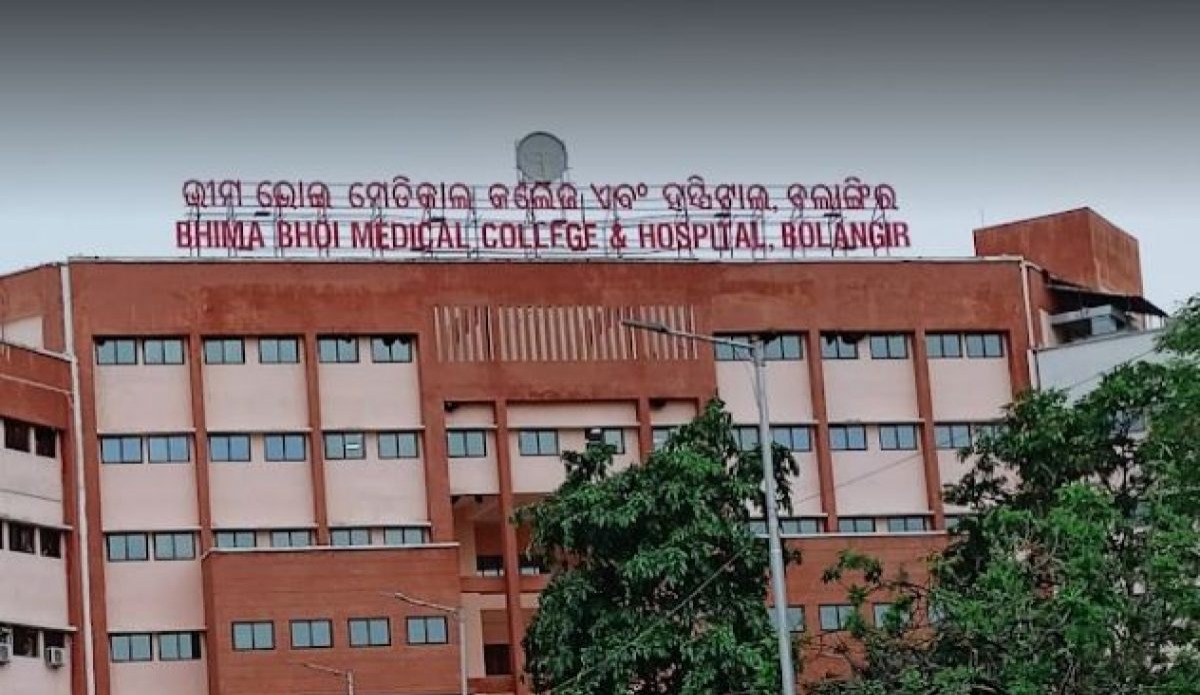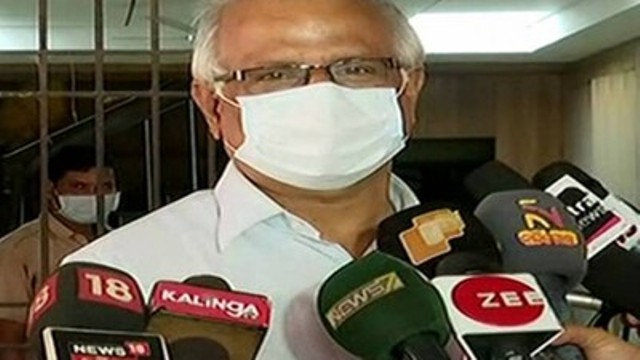Bhubaneswar: Bharatiya Nagarik Suraksha Sanhita (BNSS), 2023 implemented with effect from July 1, Monday. Consequently, the state Health and Family Welfare Department has announced new guidelines for the medical examination of rape victims. These guidelines, part of the BNSS, 2023, aim to standardize and improve the process of medical examinations in rape cases across India.
As per BNSS Key points of the new guidelines include:
- Mandatory medical examination by a Medical Practitioner for all alleged rape victims, with consent from the victim or a competent person on their behalf.
- Free medical examinations for victims of specific offences under the Bharatiya Nyaya Sanhita, 2023 and the Protection of Children from Sexual Offences Act, 2012 and shall immediately inform the police of such incidents.
- Strict timelines for examinations and reporting, with medical reports to be sent to investigating officers within seven days.
- Detailed documentation requirements, including reasons for any delays and exact examination times.
- Specific consent procedures, with express consent required from victims over 12 years old and parental/guardian consent for those under 12.
- Comprehensive medical reports including the victim’s physical and mental condition, along with other relevant details.
- The Doctor / Registered Medical Practitioner, to whom such woman is sent, shall, without delay, examine her person and prepare a report of examination giving the following particulars: –
(i) The name and address of the woman and of the person by who she was brought;
(ii) The age of the woman;
(iii) The description of material taken from the person of the woman.
(iv) Marks of injury, if any, on the person of the woman;
(v) General mental condition of the woman and
(vi) Other material particulars in reasonable detail
Sec. 53(3) of the BNSS, 2023 also provides to furnish a medical examination report to the arrested person or any person nominated by such arrested person, after the medical examination by the examining doctor. Non-compliance with the above legal provisions may result in legal prosecution.
This development marks a significant step in India’s ongoing efforts to address sexual violence and improve support for victims within the legal and healthcare systems.







